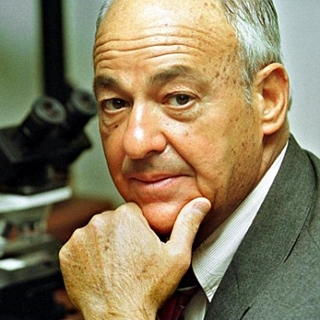


Typically, every beat of a musically expressive performance does not align exactly with each click of a metronome. When interpreting emotion and other qualities in music, performers seldom play exactly on every beat expressive, flexible rubato may be used at times. Conductors use a metronome to note their preferred tempo in each section. The metronome is used by composers to derive beats per minute if they want to indicate that in a composition. Composers and conductors often use a metronome as a standard tempo reference-and may play, sing, or conduct to the metronome. Metronome practice helps internalize a clear sense of timing and tempo. Musicians practise with metronomes to improve their timing, especially the ability to stick to a regular tempo.
Insidious chapter 2 google drive software#
In the 20th century, electronic metronomes and software metronomes were invented. In 1815, German inventor Johann Maelzel patented his mechanical, wind-up metronome as a tool for musicians, under the title "Instrument/Machine for the Improvement of all Musical Performance, called Metronome". Musicians use the device to practise playing to a regular pulse.Ī kind of metronome was among the inventions of Andalusian polymath Abbas ibn Firnas (810–887). Metronomes may include synchronized visual motion. A metronome, from ancient Greek μέτρον ( métron, "measure") and νέμω ( némo, "I manage", "I lead"), is a device that produces an audible click or other sound at a regular interval that can be set by the user, typically in beats per minute (BPM).


 0 kommentar(er)
0 kommentar(er)
